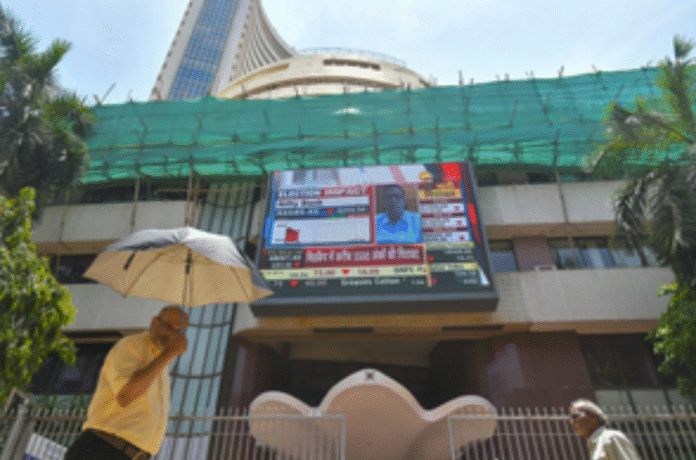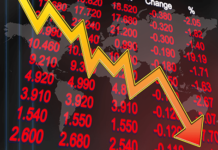MUMBAI — Indian equity markets closed lower on Tuesday following a choppy trading session marked by profit-taking and cautious sentiment among investors.
The Sensex fell 150.68 points, or 0.18 percent, to end the day at 84,628.16, while the Nifty dropped 29.85 points, or 0.11 percent, to settle at 25,936.20. Analysts said the overall technical outlook remains positive despite the mild decline.
“The Nifty continues to trade comfortably above its 21-day exponential moving average, keeping the broader bullish trend intact,” analysts noted. “The RSI is in a bullish crossover and remains in a high-momentum zone. A breakout above 26,000 could trigger a short-term rally.”
Resistance for the Nifty is seen around 26,300, while support lies near 25,850, according to market experts.
Among the Sensex components, Trent, Tech Mahindra, Bajaj Finserv, HCL Technologies, Mahindra & Mahindra, and Bajaj Finance led the losses. Gains in Tata Steel, Larsen & Toubro, State Bank of India, Tata Motors Passenger Vehicles, and Kotak Mahindra Bank helped cushion the decline.
In the broader market, the Nifty MidCap index slipped 0.02 percent, while the Nifty SmallCap index edged up by the same margin. Sectorally, metals and public sector banks outperformed, each gaining more than 1 percent. Realty stocks were the worst performers of the day, followed by IT, energy, financial services, FMCG, pharmaceuticals, and consumer durables.
Analysts attributed the subdued close to profit booking at higher levels and uncertainty ahead of key global and domestic economic data releases.
“The market traded with high volatility and ended marginally lower as investors locked in gains on monthly expiry day,” said market watchers. “However, buying interest at lower levels indicated that underlying confidence remains strong. With easing global trade concerns and optimism about domestic corporate earnings, market sentiment is expected to stay resilient in the near term.” (Source: IANS)














